Feeling bloated can be uncomfortable and frustrating, often leaving us searching for quick and natural remedies. One such solution that has gained popularity is herbal tea. But with so many options available, which tea is truly the best for battling bloat? And when should you drink it to maximize its benefits? In this article, we'll explore expert recommendations on the most effective teas for reducing bloating and the optimal times to enjoy them.
Key Takeaways:
- Peppermint tea is widely regarded as the top choice for alleviating bloating.
- Other effective options include ginger, fennel, and chamomile teas.
- Drinking tea 15-20 minutes before meals can help prevent bloating.
- For existing bloat, sipping tea 30-60 minutes after eating may provide relief.
- Consistency in drinking these teas can lead to long-term digestive benefits.
Understanding Bloating
Bloating is a common digestive issue characterized by a feeling of fullness, tightness, or swelling in the abdomen. It can be caused by various factors, including overeating, consuming gas-producing foods, or digestive disorders. While bloating is usually not serious, it can be uncomfortable and affect our daily lives.
The Power of Herbal Teas
Herbal teas have been used for centuries to aid digestion and alleviate various gastrointestinal issues, including bloating. These natural remedies work through different mechanisms, such as reducing inflammation, soothing the digestive tract, or promoting the release of trapped gas.

Top Teas for Taming Bloat
Peppermint Tea: The Bloat-Busting Champion
Peppermint tea is often hailed as the best tea for bloating, and for good reason. Its active compound, menthol, has antispasmodic properties that can help relax the muscles of the gastrointestinal tract, allowing gas to pass more easily and reducing bloating[2]. Peppermint tea also has a cooling effect that can soothe an upset stomach.

Luxmi Estates Purely Peppermint
USDA Certified Organic Herbal Tea | Mint Tea Best for Night Time

FullChea - Peppermint Tea Bags
50 Teabags - Premium Peppermint Leaves - Refreshing & Minty - Non-GMO - Caffeine-free - Freshen Breath & Aid Digestion
Ginger Tea: A Spicy Solution
Ginger has long been used as a natural remedy for various digestive issues. As a tea, it can help reduce bloating by promoting the movement of food through the digestive system and reducing inflammation in the gut. Ginger tea may also help alleviate nausea and vomiting, making it a versatile digestive aid.

GLDNT Organic Ginger Tea Bags
Natural Organic Ginger Root Tea, Spicy & Zesty Flavor, Caffeine Free
Fennel Tea: Nature's Carminative
Fennel tea is known for its carminative properties, which means it can help prevent or reduce gas formation in the digestive tract. This aromatic tea can also help relax the muscles in the intestines, potentially easing bloating and cramps.
Chamomile Tea: Calming for Body and Mind
While primarily known for its calming effects, chamomile tea can also be beneficial for digestive health. It may help reduce inflammation in the digestive tract and relieve gas and bloating. Additionally, its stress-reducing properties can indirectly benefit digestion, as stress often exacerbates digestive issues[5].
When to Sip for Maximum Benefits
The timing of your tea consumption can significantly impact its effectiveness in combating bloating. Here are some expert-recommended guidelines:
Before Meals: Preventive Approach
Drinking herbal tea about 15-20 minutes before a meal can help prepare your digestive system for incoming food. This preemptive approach may help prevent bloating by:
- Stimulating the production of digestive enzymes
- Relaxing the digestive tract
- Promoting better food breakdown and absorption
After Meals: Remedial Action
If you're already experiencing bloating after a meal, sipping on a cup of herbal tea 30-60 minutes after eating may provide relief. This timing allows:
- The tea to work alongside your body's natural digestive processes
- Soothing of any irritation or inflammation caused by the meal
- Promotion of proper digestion and reduction of gas buildup
Throughout the Day: Consistent Support
For those prone to frequent bloating, incorporating these teas into your daily routine can offer ongoing digestive support. Consider having a cup:
- In the morning to kickstart your digestion
- Between meals to maintain digestive harmony
- In the evening to aid in overnight digestion and promote relaxation

Maximizing the Benefits of Your Tea
To get the most out of your bloat-busting tea, consider these tips:
- Use loose leaf tea or high-quality tea bags for better flavor and potency.
- Steep your tea for the recommended time to extract the optimal amount of beneficial compounds.
- Drink your tea warm or at room temperature, as very hot or cold beverages can sometimes exacerbate bloating.
- Avoid adding sugar or artificial sweeteners, which can contribute to digestive issues.
- Stay hydrated throughout the day, as proper hydration is crucial for healthy digestion.
Potential Side Effects and Precautions
While herbal teas are generally safe for most people, it's important to be aware of potential side effects or interactions:
- Peppermint tea may worsen symptoms for those with acid reflux or GERD.
- Ginger tea may interact with certain medications, including blood thinners.
- Some people may be allergic to chamomile, especially if they have allergies to plants in the daisy family.
Always consult with a healthcare professional before adding new herbal remedies to your routine, especially if you have existing health conditions or are taking medications.

Conclusion
Incorporating the right herbal teas into your daily routine can be an effective and natural way to combat bloating and support overall digestive health. Whether you choose peppermint, ginger, fennel, chamomile, or a combination of these teas, timing your consumption strategically can help maximize their bloat-busting benefits. Remember, while these teas can provide relief, they should be part of a broader approach to digestive health that includes a balanced diet, regular exercise, and proper hydration. By sipping smartly, you can take a proactive step towards a happier, healthier digestive system.
Citations:
[1] https://www.healthline.com/nutrition/tea-for-bloating
[2] https://www.eatingwell.com/best-tea-for-bloating-8684510
[3] https://www.patriciabannan.com/blog/digestive-health/top-6-best-teas-for-bloating-and-digestion/
[5] https://www.tuasaude.com/en/tea-for-bloating/
[6] https://www.realsimple.com/best-teas-for-bloating-8383284
[7] Best Tea for Bloating, Plus When To Sip It To Boost the Benefits | First For Women


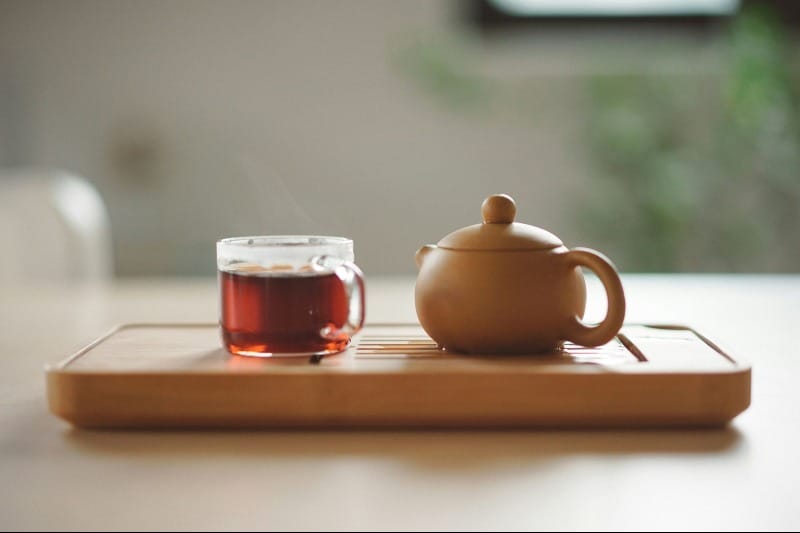

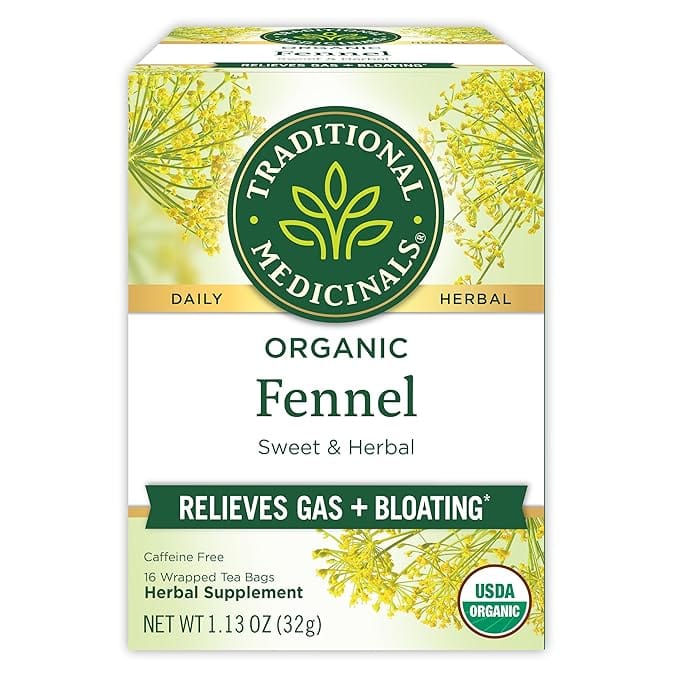
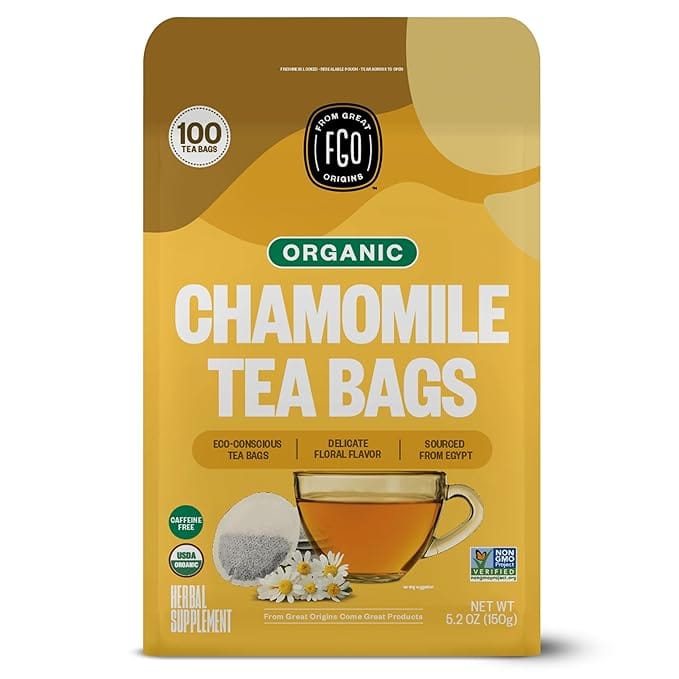


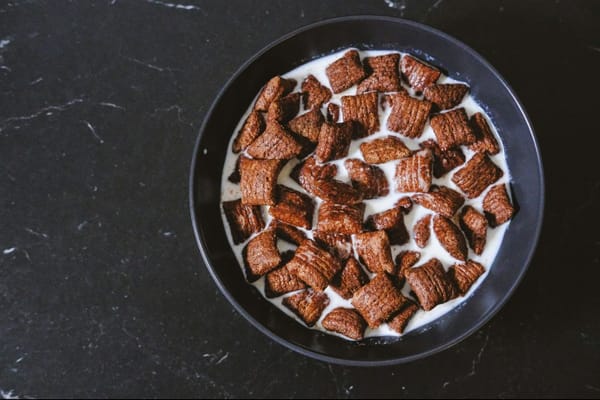




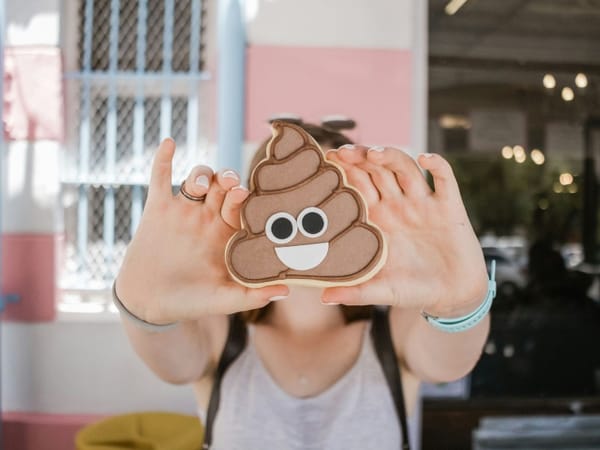


Member discussion